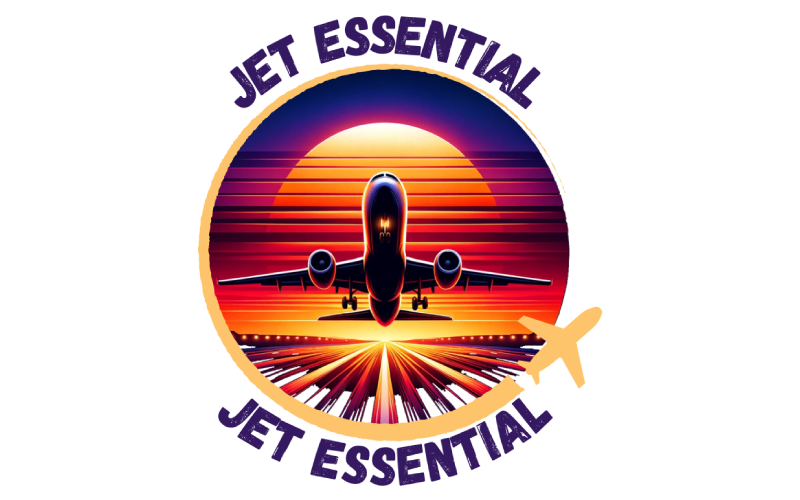The transition from traditional employment to freelancing marks a significant shift in one’s career trajectory, offering both freedom and responsibility in equal measure. This change, driven by a desire for flexibility, autonomy, and personal growth, has become increasingly popular in today’s dynamic job market. Through this exploration, we will delve into how embracing freelancing can not only change the course of your career but also enhance personal development and open up new avenues for professional achievement.
The decision to switch to freelancing is often motivated by the quest for a better work-life balance, the pursuit of passion projects, or the need for a more flexible schedule. However, making this transition successfully requires careful planning, resilience, and a willingness to learn. One of the first steps is to clearly define your niche. This involves a deep understanding of your skills and how they meet market needs, as well as identifying your unique selling proposition.
Building a strong personal brand is crucial in the freelance world. In the absence of a traditional career ladder, your brand becomes your identity and your calling card. It encompasses your professional reputation, your online presence, and the quality of your work. Developing a compelling brand requires not just excellent work but also consistency in how you present yourself across different platforms and to clients. Your personal brand should reflect your professional ethos, your values, and the distinctive skills that you bring to the table.
Financial planning takes on a new dimension when transitioning to freelancing. Without the security of a regular paycheck, freelancers must become adept at managing their finances, including setting aside funds for taxes, health insurance, and periods of lower income. Creating a financial buffer is essential before making the leap, as is learning to navigate the ebb and flow of freelance income. Diversifying your client base and developing a solid strategy for saving and investing can provide financial stability and peace of mind.
Networking and community engagement are vital for career development in freelancing. Unlike traditional employment, where your network may be limited to your organization, freelancing opens up a world of opportunities to connect with clients, collaborators, and peers from diverse fields. Active participation in professional communities, both online and offline, can lead to new projects, mentorship opportunities, and collaborations. These connections not only provide business opportunities but also offer support, advice, and camaraderie in the often-solitary freelance journey.
Continuous learning and skill development are imperative for staying relevant in the fast-paced freelance market. The responsibility for professional growth lies squarely on the freelancer’s shoulders. Keeping abreast of industry trends, investing in courses, attending workshops, and staying curious about new technologies and methodologies can significantly enhance your marketability. This commitment to learning not only improves your service offering but also contributes to your personal growth, keeping you engaged and motivated.
The psychological aspects of freelancing, such as dealing with isolation, uncertainty, and the pressure to perform, require attention and management. Developing a strong support network, establishing a routine, and setting clear boundaries between work and personal life can help mitigate some of these challenges. Additionally, embracing a growth mindset and viewing challenges as opportunities for development can transform the way you approach freelancing.
Finally, the ultimate benefit of transitioning to freelancing is the unparalleled freedom it offers to shape your career on your own terms. This freedom allows for exploration, innovation, and the pursuit of work that truly aligns with your passions and values. Freelancers have the unique ability to adapt quickly to changes in the market, pursue diverse projects, and work with a wide range of clients from all over the world. This level of diversity and flexibility is unparalleled in traditional employment settings.
Shifting to freelancing can profoundly impact your career development, opening doors to new opportunities, experiences, and ways of working. While the journey is fraught with challenges, the rewards of autonomy, flexibility, and personal growth are immense. By strategically navigating the transition, continuously investing in personal and professional development, and embracing the freelance lifestyle, you can build a fulfilling and prosperous career on your own terms. Freelancing is not just a career choice; it’s a lifestyle that offers endless possibilities for those brave enough to take the leap.

